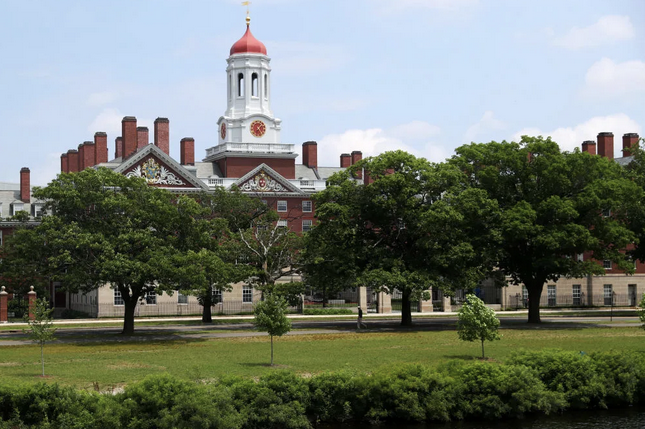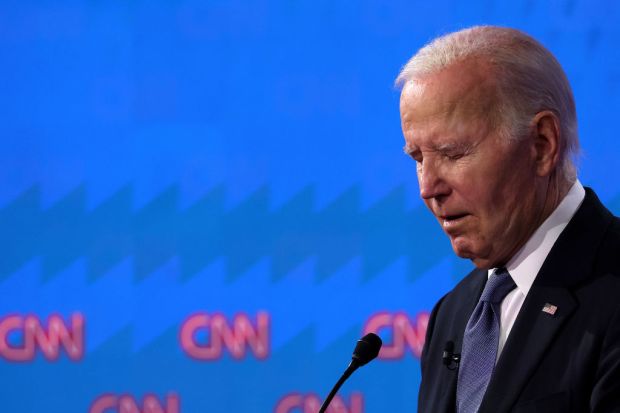Claudine, we hardly knew ye. Gay’s tenure atop Harvard was the shortest in that university’s history. Yet it was still too long. In mere months, she did enormous damage to one of the world’s great universities.
Gay is not the only one who should be held accountable for this fiasco. The university’s governing board, the Fellows of Harvard Corporation, should be out, too.
Already a subscriber? Log in
Subscribe for just $2 a week
Try a month of The Spectator Australia absolutely free and without commitment. Not only that but – if you choose to continue – you’ll pay just $2 a week for your first year.
- Unlimited access to spectator.com.au and app
- The weekly edition on the Spectator Australia app
- Spectator podcasts and newsletters
- Full access to spectator.co.uk
Or





















Comments
Don't miss out
Join the conversation with other Spectator Australia readers. Subscribe to leave a comment.
SUBSCRIBEAlready a subscriber? Log in